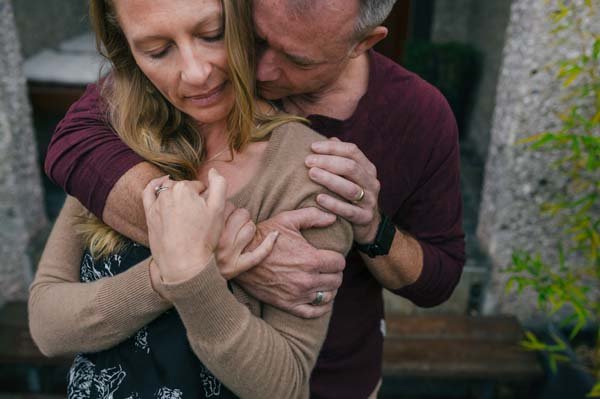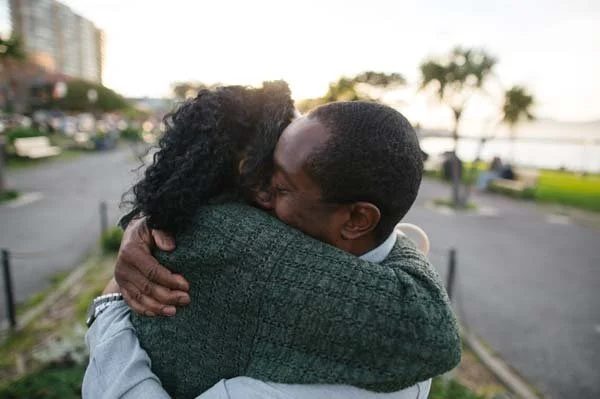When I help couples recover from an affair, the first thing the offending partner seems to say is,”But I can’t go back in time and undo what I’ve done.” I wish I could call up a time machine for my couples. Because all of my couples affected by infidelity have one thing in common: regret.
Regret: The Great Motivator
While you are in the soup of pain after infidelity, there’s a lot of confusion and disorientation. So it can be hard to know what is helpful. I’m going to tell you this: regretting that you hurt your partner is your best ally. Feeling guilt can help you put positive intent into responding to your partner’s distress. They will be able to feel this positive intent which can validate any healing words you might be saying. Additionally, feeling regret will motivate you to be as helpful to them as you can be.
The Best Healing Factor
While Regret can help validate your healing words, and can motivate you to be the most helpful you can be, what can you do that will help heal the most? Sitting in the mud. What kind of voodoo magic is sitting in the mud? When your partner or spouse talks about the pain she or he has experienced because of the affair you participate in do the following:
Actively listen to them: Being curious, seeing understanding, despite the unpleasant feeling you may have.
Don’t dismiss their pain. This is an example of a dismissive statement:“I’m sorry I did that, at the same time, can we just get past this?”
Don’t try to “fix.” There are actual things you can do to help, but you’ll need their guidance. You can say,”Do you want me to just listen? Or do you want me to troubleshoot?”
Understand they won’t have words sometimes. When an injured partner is first experiencing the pain of the betrayal, they may just scream or collapse emotionally and not be able to tell you what they need. This is normal. You can tell them that.
Affair Recovery: First Aid
I tell people that couples counseling is a little like ballroom dance instruction. You’re using a process of relating that doesn’t work for you. You’re stepping on each other’s toes and injuring each other. By now, you’re bleeding, and so we’re having you use a different process to communicate your intentions and a different way of moving with the other person.
Imagine now attending a ballroom dance class while simultaneously being worried that the floor is going to fall from underneath your feet. You’re probably not going to be very concerned with getting the timing right on your dance steps. You’ll probably be more focused on where the nearest entrance is. That’s why there’s affair recovery as a preliminary step.
Affair recovery gets you to a stable spot so you can feel confident enough that there isn’t a threat still looming over you. For the injured partner, affair recovery helps you ask for what you need: Do you need a written email that the relationship sent to the affair partner? Do you need email or text access to your partner’s phone? This isn’t to say such radical transparency is forever. But it helps to calm their nervous system.
For the affair-involved partner. I help you apologize and understand how to disclose affair details that your partner is asking for.
What do you want your new relationship to look like?
I talk a lot about couples relationships being over and rebuilding a new one because there is too much discordant with what you know the other person can do vs. who you thought they were. You are attempting to create a new relationship that addresses some of the vulnerabilities that may have led to someone else getting in the middle.
DIY
I’m a fan of the DIY ethic. But I also recognize the importance of asking for help. Whether I work with you together or individually, I can be a source of help during your toughest times. If you’re ready to address infidelity and move forward in your relationship, check out my page on Affair Recovery and my thoughts on repairing once there’s infidelity.
Finally, if you’re in Minnesota and are looking for a therapist, I can help you via secure online video platforms designed for therapists (not zoom). Contact me by calling me at 612.230.7171, emailing me via my contact page, or clicking on the orange button on that page to self-schedule a free, 15-minute consultation.
I’m a couples therapy specialist that has helped many couples recover their marriages since Covid struck and would love to help you find a way out -together.
















